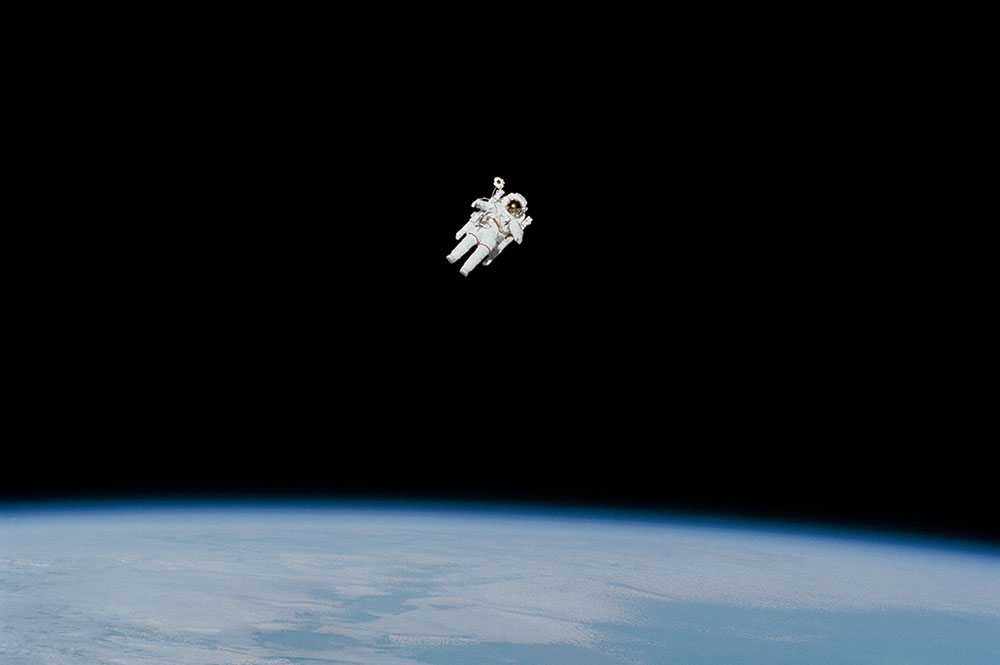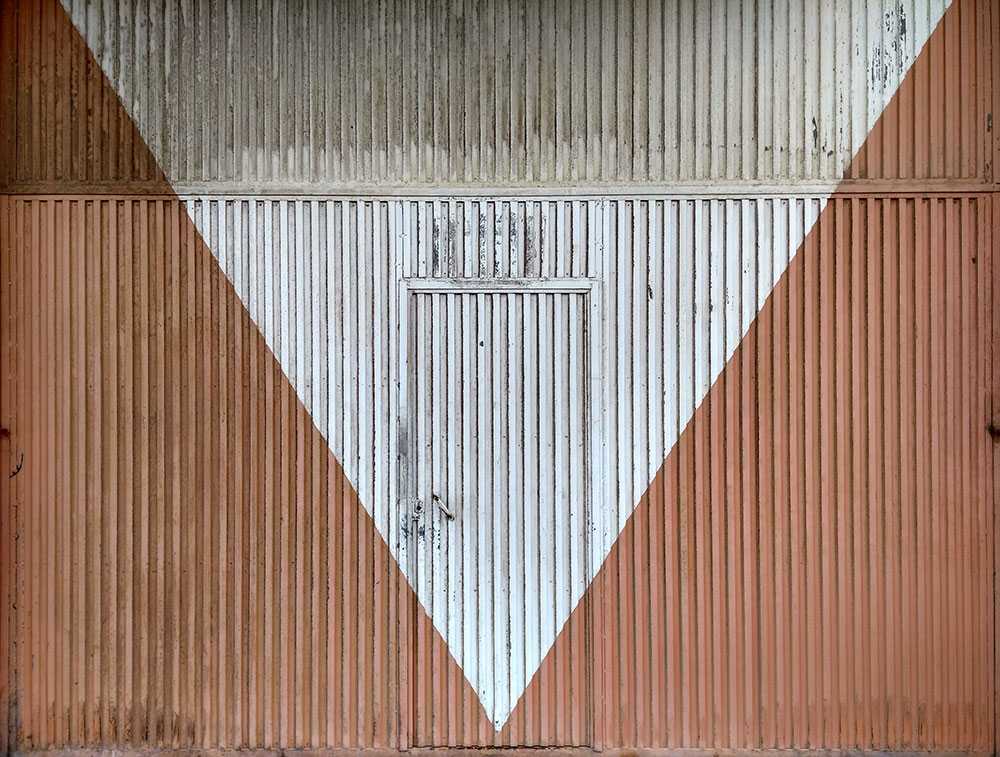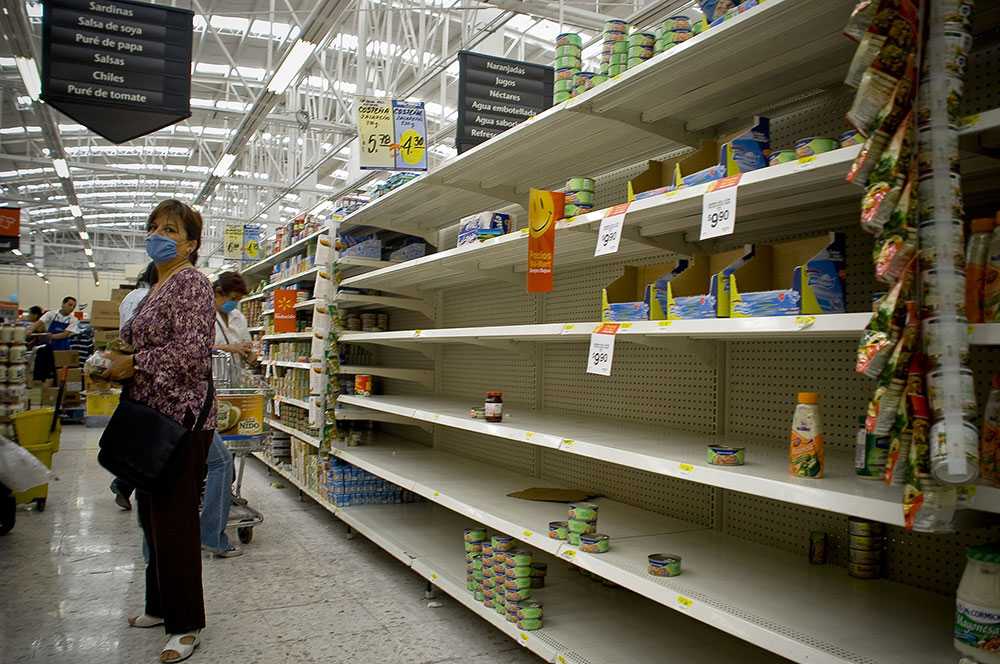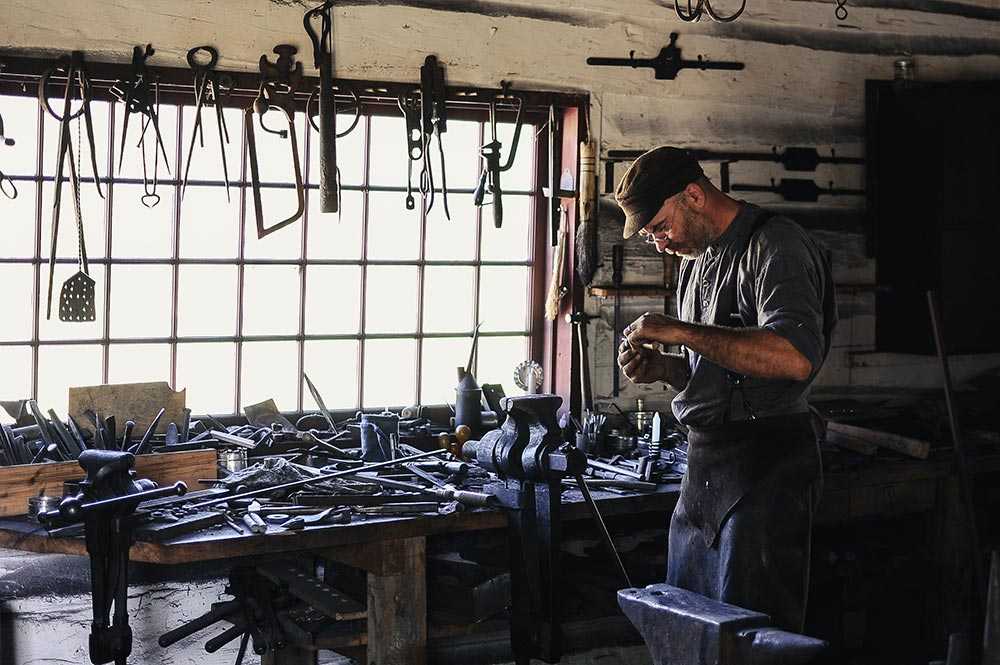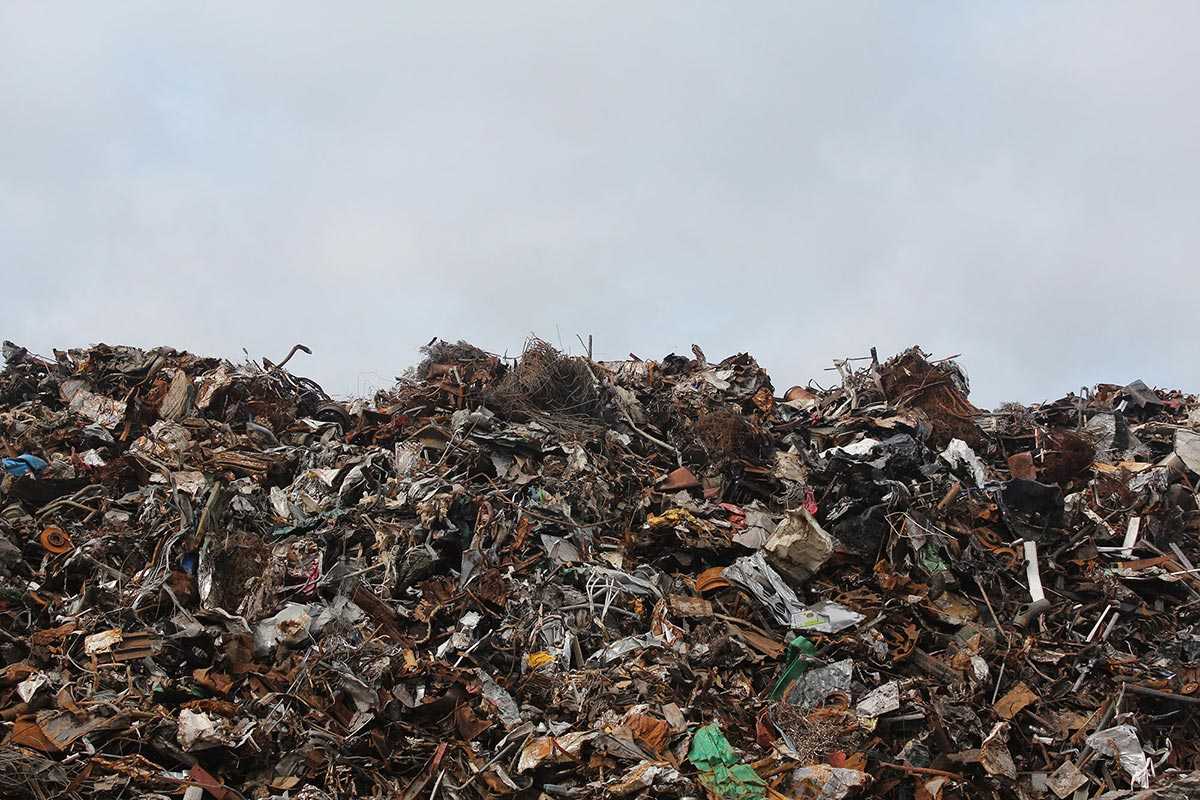This is part 2 of a story I started in August 2019. If you haven’t read it or need a refresher, check out Crimes Against the Human Race
I sat crying in the mud of my broken water container and cradled my last jug. I didn’t know what else to do.
I was so exhausted. The density of the forest had taken every bit of my strength. I’d continued stumbling several steps before I noticed the jug was no longer in my cramping hand. By the time I realized what happened, half of my water was gone.
What was I supposed to do now? I had no idea if I was going in the right direction, with no point of reference to walk towards. I just assumed I was walking in the direction the person on the wall pointed me, the direction where there might be people to help me.
Or the direction where there might be people to hurt me.
So, I cried myself to sleep.
I woke to something pulling on my hand. My vision was blurry, and my eyes were slow to open–I couldn’t tell who or what it was. Whatever it was, it was pulling on my hand that still gripped the handle on the full jug of water.
“Hey! What are you doing? That’s mine,” I said. Terrified of the creature itself and losing my remaining water.
My talking startled it, causing it to look me directly in the eye, but it never released my hand nor the jug. Its eyes looked crazed but human. Little else about it resembled any human I’d ever known.
Were there part human, part creatures in the woods outside the wall? Was this what the wall was protecting us from?
It went back to pulling at my hand and jug like I wasn’t there. I could hear it whispering or grunting.
“Hey!” I yelled, hoping I could scare it away if I seemed intimidating. I pulled my leg back to kick it away and then realized it was saying something.
“Society water. I need The Society water,” it kept repeating.
“What? What are you doing? That’s my water, I need it.”
“No. My Society water. This is mine now. I found it,” it said. The voice was soft, with no anger or violence behind it.
I didn’t know what to do. I didn’t have to struggle to maintain my grip, but it was persistent. I slapped the side of the plastic with my free hand, making a loud noise, hoping to frighten it.
It sat back, stared at me for a second, then hissed, showing all three of its rotted out teeth.
“This is my Society water. All mine,” it repeated under its breath.
“No, this is my water. I carried it. It was given to me,” and yanked it back.
This set it off. It began thrashing around, throwing leaves and sticks, kicking dirt and growling.
In one ear-piercing scream, it charged at me on all fours. Before I could react, it spun on one hand and kicked me square in the chest with both feet, crushing my diaphragm and flinging my head against a tree behind me.
My body curled around my chest, and my hands instinctively reached for the back of my head, releasing the water.
And then it was gone.
I tried to get up to chase after it but couldn’t. I watched through tears and stars, gasping for breath, as my last jug of water was dragged off into the dense forest.
Laying on the ground, watching the spot where my water disappeared, I cried and felt sorry for myself. Eventually, I could breathe normally again, and the stars in my vision faded. I fell asleep staring into the forest.
I woke up to the morning sun hammering my head and a thirst I’d never experienced before. Every breath made my chest ache. I watched–not moving–through the dense trees for any movement. When I felt comfortable I was alone, I struggled to my feet, pulling myself up with a nearby tree and leaned against a boulder. There was no way I could have carried the water jugs in this condition.
After several minutes of letting my eyes adjust to the forest, I saw a faint path the thing had created dragging my jug through the underbrush.
I eased off the boulder and started walking, stumbling from one tree to the next–thankful for the extra support. After several painful collisions with trees, I began to get my balance back. I was not graceful, but I could walk without falling.
In time, it also got easier to see the path the thing left, up until the trail disappeared into the crumbled remains of an old highway.
I knew from history lessons wide roads like this crisscrossed the country. You could get anywhere by following these roads. But which way was the right way? The path the thing left behind was gone, and all I could do was guess which direction to go. Nothing indicated one direction was better than the other.
I was so thirsty.
I kicked myself for being weak, for not fighting the thing off.
Henry wasn’t weak, he would have protected the water. He would know what to do.
I sat down in a spot hidden from the road on the edge of the forest and watched–maybe someone would travel by.
After a while, the warmth of the sun made me drowsy, I could not afford to fall asleep next to the road. I decided it didn’t matter what direction I went in–it would eventually lead somewhere.
I stepped out to the road, turned to the left, and started walking.
The road was totally empty. The walking was easier, but I felt exposed–like I was being watched from the forest.
Hopeless, I didn’t know what I was doing or where I was going. I walked following cracks in the broken asphalt, crying.
I didn’t pay attention to where I was going or what was around me. I didn’t care. If something or someone wanted to attack me, they could.
“Ahoy there!” I heard a man’s voice say, breaking me out of my self-loathing trance. “You look new to these parts.”
I looked up through tear-filled eyes, surprised to see an old man sitting on top of what looked like the remains of a truck pulled by an old gray-bearded horse. He had a long braided gray beard, a piece of fabric holding his long hair back, and wearing a leather jacket and leather pants. The old truck had a mast and sail standing out of the center and a large animal skull as a figurehead tied at the man’s feet.
“Are you lost, young lady?” the man asked from atop his wagon-ship in an accent I’d never heard and could hardly understand. “You don’t look like you’re from around here. Based on those fancy clothes you’re wearing, I’d bet you’re from Vie Facile.”
I just stared up at him. I wasn’t sure I understood him.
“You’re from The Society, from inside the wall, am I right?”
“Um, yeah–yes, I was inside the wall.”
“And now you find yourself outside the wall. Say, do you happen to have any water from inside?”
“I did, but someone… or something stole it from me. I was following their trail, but I lost it when I got to the road.”
“Shame. I would have traded you for it,” he said.
“Could you point me in the direction of a town nearby? I was trying to get there but got disoriented in the forest,” I said.
He sat and stared at me in silence for an uncomfortably long time.
“You’re a pretty young thing. How old are you?” he said, clicking his tongue. “Aw, never mind, that doesn’t matter. I can give you a ride. I’m headed there now, climb on up!”
He threw a short rope ladder over the side for me to climb up his wagon-ship. I stood and stared.
“I can get myself there. Could you just point me in the right direction and I’ll walk,” I said.
“I’m not gonna bite, I promise. Climb up, and you can sit on the far end if ya like,” he pointed to the back of his wagon-ship.
“It’s a pretty long walk,” he said when I didn’t move. “You just head down this direction, and at the fifth turnoff, you take a left. From there, you follow the road to the third, or is it the fourth turnoff? I can never remember, I have to do it by sight. Ole Gertie knows the route too, so sometimes I need her to tell me where to go. Then follow that dirt road on for a long ways until you see the city marker on the side of the road where you take a right.”
I tried my best to remember everything he said.
“Is there not an easier way to get there?” I asked. I did not want to get on his wagon-ship.
“Not that I know of. It’s in that general direction, if you want to try the forest. Not sure what you’ll see in there,” he pointed into the forest.
Pulling out an old metal can, he drank from it, reminding me of my dry mouth.
He looked down at me after with a wet beard and smiled, “Thirsty?”
“Could I have a little? Is it water?”
“Of course, good, pure water,” he leaned down and handed it to me. “Drink up!”
I pulled the lid off, smelled it, and drank until I thought my stomach would explode.
“I don’t mean to be insensitive, but I have an appointment to get to in town. I’ll gladly give you a ride; otherwise, I need to get a move on.”
I handed the can back to him.
“You needed that,” he said, laughing, shaking the empty can.
“Thank you for the water and the offer, but I think I’ll try on my own.”
“Suit yourself,” he said. “If you make it, look me up. It’s good to see a familiar face in a strange place.”
He snapped the reins, and the old gray horse started moving. The wagon-ship took off much faster than I expected. The horse moved more swiftly than its appearance gave it credit, and the sail seemed to lighten the load.
The man disappeared around the corner, and I was alone again. Hoping I could figure out a way to the town, I followed after in the same direction.
I walked for several hours, watching the cracks in the road.
“Ahoy there!” I heard again.
I looked up to see the old man lounging on his wagon-ship.
“Sorry to bother you. I just couldn’t leave you be. I had to try one more time, plus old Gertie could use the rest. Are you sure you don’t want a ride?” he said, smiling.
I stopped 20 feet short of his wagon-ship.
“I get it, a strange old man offering you a ride, in a strange new world, doesn’t really seem like the best idea, but I’m good people. You can sit there on the back, keep your distance if that makes you feel safer.” He pointed to an open space.
I was tired, and there’d been no change in the road the entire time. But it felt wrong to be helped so eagerly.
“I, uh, I don’t know,” I said. “You’ll let me sit on the back and not come back there? I don’t have much to offer you.”
“You sit back there, I’ll stay up here. I don’t need or want anything. I just can’t leave a new pup like you out in the wild like this.”
“OK,” I said. “I’ll ride back there.”
“Great! I’m Raoul Le Marchand, by the way, and this old lady pulling my ship is Mademoiselle Gertrude la Magnifique. I just call her Gertie for short.” He stuck his hand out to me to shake, “And you can just call me Ralph.”
I flinched. He was 20 feet away, but it still startled me.
“I’m Charlotte. Charlotte Freeman,” I said, stepping forward and taking his hand.
“Nice to meet you, Mademoiselle Charlotte Freeman du Vie Facile.”
I walked to the back and climbed his wagon-ship. I slipped climbing and landed on my ribs, letting out a painful gasp.
“You OK, Mademoiselle Charlotte Freeman? You can set yourself right there on that soft tarp.” Ralph said.
“Yeah,” I winced and settled myself among the tied down bundles. “I think I broke some ribs or something when my water was stolen.”
“There’s a few folks in town who might could help with the pain. I’ll introduce you when we get there. Just get comfortable. We’ll be there in no time.” He snapped the reins, and Gertie started moving.
“Do you know anyone called Pax?” I asked, once settled.
He made a slight movement, but he acted as if he didn’t hear me.
“Mr. Ralph, do you know anyone with the name Pax, uh, Pax Hampton?” I said again, louder.
“Can’t say I do, Mademoiselle Charlotte Freeman. Friend of yours?” he asked.
“No, not really. Just someone I was told to look for,” I said, watching the trees go by.
Ralph talked nonstop, asking me questions and sometimes just talking about nothing as if no one was there with him.
Eventually, Gertie’s rhythmic walking lulled me to sleep.
“Mademoiselle Charlotte Freeman, Mademoiselle Charlotte Freeman,” I heard off in the distance in a sing-song rhythm. “Mademoiselle Charlotte Freeman, wake up. We’re coming into town.”
I shot upright, realizing where I was, and forgetting the pain in my chest again.
“Hello there, Mademoiselle Charlotte Freeman,” Ralph said without turning around. “We’re coming into town. I want to be sure, but you said you don’t have any water from inside the wall, correct?”
“Yes, correct. It was stolen from me, why?” I asked.
“Did you drink any of it before it was stolen?”
“No, why? What’s so special about the water?”
“That is a simple question with a complex answer. For now, it’s good to know you didn’t drink any and there isn’t any with you. But, long story short, it’s valuable in these parts. Fiends will attack you for it, and everyone else would trade you for it. I’m guessing it was a Fiend that stole it from you.”
“Is a Fiend a person? I mean, I thought it was a person, but I’m not really sure,” I said.
A group of long-forgotten buildings and people came into view. There was no glass in any of the windows, and spindly plants were growing out of cracks. There were remnants of paint on the brick buildings, and any wood was rotted and collapsed.
The people were in worse shape than the buildings. Many looked like the thing that attacked me in the woods.
“Bonjour monsieur,” Ralph said as we rolled past someone. “It’s probably best you not sit too close to the edge as we roll through this part of town. You look like an easy target.”
“An easy target for what?” I asked.
“Sit towards the center of the ship. Just to be safe.”
I crawled to the center and stood, holding the mast.
On the side of the road, a crowd surrounded a man reading from a piece of wood. From my place on Ralph’s ship, it looked blank but seemed valuable.
As we approached, I could hear the man say, “Our Father, way up in the sky, so holy is your name. Give us just a taste of some daily bread, we have gone so long without it. Forgive us our trespasses, for we have surely trespassed against you. Take away our temptations and protect us from evil, for we have created a Hell all our own. For you are the Almighty, and this is your power and your glory. Forever and ever. So be it.”
“So be it,” said the crowd surrounding him in unison.
“As we know, the Almighty Father needs payment to provide for us. And as they say, nothing in life is free. Pass forward your Society water or anything else you might have as payment for the Almighty Father,” the man said as we rolled past.
We continued several more blocks where Ralph steered Gertie into a side alley and pulled her to a stop.
“Here we are,” Ralph said. “We’ve made it to town. Come with me. I know someone who can help you.”
We climbed from his wagon-ship, and I followed him into one of the buildings.
Inside it was hazy and dark, yet warm and cozy. It smelled sweet, a welcome scent from the smell of human waste and rot on the street. Beautiful drapes and empty sofas were spread throughout the rooms I could see from the entrance.
A long, slender man glided in from behind a tapestry, he was much cleaner than any other person I’d seen since leaving The Society. He seemed elegant–soft and fragile–but still somewhat… downtrodden.
“Ralph, old friend!” the man said. He spoke softly and slowly, annunciating every word.
“Larry! Good to see you!” Ralph said, grabbing the man in a hug. I thought Ralph might break him. The long man did not return the embrace with the same enthusiasm.
“You know I hate it when you call me that but good to see you too. It has been a while since your last visit. What can we do for–” he stopped short when he saw me behind Ralph. “You brought a friend with you? That is not your normal… taste. Also, a bit young for your typical requests. You know outside friends are extra.”
“Lawrence, this is Mademoiselle Charlotte Freeman du Vie Facile. She has very recently left the walls of The Society,” Ralph said, holding his arm out, presenting me. “Very recently from within the walls of The Society and needs rest and recovery.”
“Ah, OK,” Lawrence said. “Well, welcome to my establishment.”
I studied him, he felt… uncomfortable to me.
“What is your establishment?” I asked. “What is this place?”
“This place! This place is Lucinda’s House of Negotiated Affections. We relieve burdens and stresses from the outside world,” Lawerence said. “For a price, of course.”
I stared back at him.
“Ah, yes, of course,” he said to me, noting my confusion. “I provide services to relieve stress and bring pleasure to my clients. I can relieve you of any burdens you may carry. Perhaps–if I may presume–relieving you of the burden of your innocence? And trust me, it is much more of a burden than you might expect. Or simply some soothing rest and recovery?”
He paused and smiled, assuming this was enough. “Do you have any of the water The Society gave you as you left?”
I looked at Ralph and back at Lawrence.
“She doesn’t have any water, and I don’t believe much else to trade with,” Ralph said. He stepped closer to Lawrence and tried to whisper, but Ralph’s voice carried no matter what he did. “She’s going to need help. And I thought maybe you could, you know… you could maybe work out some kind of other trade.”
Lawrence studied me with a new interest, inspecting me.
“Have you told her what’s coming?” Lawrence asked.
“What’s coming? What are you trading, Ralph? What’s going on here?” I said, taking a step back.
“Mademoiselle Charlotte Freeman, there are a few things I didn’t tell you while we were on our journey…”
“Charlotte, you’re about to begin an excruciating and dangerous transition,” Lawrence said. He turned to Ralph, “Did she drink out of the containers they sent with her?”
“No, she told me she never got the chance,” Ralph said. “A Fiend stole it from her.”
“Charlotte, dear, stay here. My girls will take great care of you as you go through this transition; they’ve all gone through it themselves. It will be a huge help. After, you can stay here. We can provide you a safe place to rest, recover, figure out this new world, and give you work. You can take your time and make some money to help with your transition to life outside the walls.”
“Stay here? And do what? I’m not sure what here is. What am I being traded for?” I took another step back, and when I thought I was far enough away where they couldn’t grab me, I turned and ran.
I got tangled in drapery covering the door and panicked. I thought one of them would grab me. But neither attempted to stop me, they just watched as I wrestled it out of the way and escaped.
The sidewalk was crowded. There were people everywhere blocking me; all I wanted to do was run home. I wove my way through and sprinted.
“Come back when you need the help. My door is always open,” I could hear Lawrence yelling behind me.
I ran until only a few people were milling around. Everyone looked like they could be a Fiend. Every person I passed watched me closely, not like they were afraid of me, but like I was their next meal after they hadn’t eaten for several days.
I found an alleyway where I could sit in a corner behind a pile of trash and rest. I would see anyone enter the alley before they would see me; no one would sneak up on me.
I wanted to cry. I wanted to sit in my hidden corner and feel bad about myself, but I couldn’t. Only able to stare at the entrance to the alley, I tried to think of what I could do next, what I needed to do next, but I was blank. All I could do was stare.
People walked past, but no one turned to walk down the alley or even noticed it was there. This was a place people left forgotten and useless items.
After a while, I felt secure enough in my position to take stock of myself. My ribs and sternum were sore but bearable, my clothes were dirty but in good shape, and my backpack was scuffed but still sturdy. I opened it and pulled everything out piece by piece.
I had to figure out a way to survive with these items. I knew there was no way to trust anyone here. I had to do this on my own.
My hands started to shake, how long had it been since I’d eaten?
I pulled out the freeze-dried food packs. These were good, but I needed water to eat them. There were several cans of food I could eat now.
I pulled the knife from the side pocket and removed the long blade from the sheath, careful not to cut myself.
Blood dripped from the tip as soon as I pulled the knife free, and I immediately dropped it.
I looked at my hands, I hadn’t cut myself. Picking up the blade up again, I inspected it, and this time there was no blood, dried or otherwise.
I really needed food and water.
I cut into a can of peaches–grown in giant orchard greenhouses inside the walls. Prying the can open enough to get one peach at a time but, more importantly, to slurp down the sweet syrup.
With my dry mouth satiated for the moment, I pulled out one of the family pictures my mother gave me. Before I could look at it, I started to sob and set the frame down to keep from dropping and breaking it.
I got my sobbing under control and picked up the frame. Henry’s face was covered in blood. I wiped at the glass to get it off, but it seemed to flow from the picture. Then my hands were covered in blood. I rubbed my hands together, but the blood wouldn’t wipe off. It was everywhere, I couldn’t find the source.
I shook my hands out and squeezed my eyes shut, my tears blinded me and… all the blood… it was like the night Henry died.
When I opened my eyes, the blood was gone.
I began to shiver in my corner despite the air being warm. I must be in shock, I thought. Taking a deep breath and calming myself, I finished the can of peaches watching people pass by the alley.
Despite the shivering, I fell asleep, wedged in my corner.
I woke in the dark to Henry standing over me. He picked me up, carried me to a waiting truck, and took me home to The Society. It was comforting to be with him again, and I fell asleep on his shoulder.
When I woke again, I was lying in a bed soaked in blood. Henry’s body lay next to me, and my mother stood over me with a knife. I screamed until my throat hurt. I couldn’t move, I was paralyzed. My mother was smiling down at me. She slowly moved towards me with the knife. There was nothing I could do except watch the blade slowly sink into my skin. Everything went black.
I fell hard to the ground, the wind knocked out of me. I grabbed at the spot where the knife went in and found nothing, and I slowly gathered my feet under me and stood. Looking around, I saw myself kneeling next to Henry’s body. Not upset, not moving, just looking at him. We were both covered in blood.
“I didn’t kill him! It wasn’t me!” I yelled, the version of me kneeling turned to look at me, but my face was Ralph’s.
“Mademoiselle Charlotte Freeman, it’s OK. You’re safe,” I heard.
“What? Where am I?” I was lying in a bed, the sun was shining through a window nearby. I tried to sit up but was tied down.
“We’re at Larry–Lawrence’s place. You are safe here, I promise–”
“How did I get here? What are you doing to me?” I pulled harder on my restraints.
“You’re going through withdrawals.”
“From what? Why am I tied down?”
“Your body is transitioning away from The Society water,” Ralph said “The Society adds something to the water to keep the people… peaceful…”
He started to explain more, but I was suddenly sitting on a blanket in Founders Park, having a picnic with Henry and my mother. The sun was warm; we had wine and snacks spread out. My mother was leaning back reading her latest romance novel, and Henry was napping with a pamphlet from work about chemistry draped over his face. Everything was perfect. I closed my eyes, took a deep breath, and soaked in the warmth of the sun. When I opened my eyes again, everything was gone. I was walking in total darkness. I couldn’t see anything, but there was a sound. I couldn’t really hear it, but I sensed it. It was maddening, and I walked nonstop towards it for days.
I came to with the most angelic-looking girl I’d ever seen sitting next to my bed, holding my hand. She seemed almost fake.
I tried to speak, but she smiled and told me not to say anything, and she’d be right back with some water and Ralph.
“No, I don’t want Ralph. I want to know what is going on,” I said. My voice was raspy, and my throat was on fire.
“Ralph can explain everything to you,” she said in a soothing voice.
“Can you tell me?” I coughed.
“Well, you’ve been in bed for almost two weeks, in and out of consciousness. You’re almost through the toughest parts, but there is a long road to full recovery. It will take a while to regain your strength,” she said.
“Through what? Who are you? Is this a hospital?”
She laughed, “No, this isn’t a hospital, but we do help people. We’ve helped a lot of people go through what you’re going through. I went through it, and so has everyone else who’s been helping you. You know, you’re pretty lucky you didn’t drink any of the water they gave you. This would be a totally different situation. And Ralph, he’s such a sweetheart, has been worried sick about you this whole time. It’s good you got here when you did.”
“How’d I get here?”
“There’s a man that goes around looking for Fiends in need of help. He found you and knew the state you were in, so he brought you here. He’s a recluse, but he does a lot of good. You know… he has that same intense stare too.” She rubbed my hand, “I’ll be right back with some water, but we can loosen your straps a bit now.”
She loosened the straps only slightly.
“I promise you can get up soon. The straps are to keep you from hurting yourself or throwing yourself out the window. We learned that the hard way…,” she said. “Your bag is in the corner. I hope you don’t mind, but I went through it and found a picture. I thought you might want it close by.”
She pointed to the bedside table and turned towards the door.
I started crying when I saw the picture.
“Hey, it’s OK. I know it’s hard being outside of the wall, but you’re tough,” she said, coming back and rubbing my arm.
“What makes you think I’m tough?”
“You just survived something designed to kill you. You’re a survivor. I’ll let Ralph explain everything else. He’ll be so happy you’re awake.”
“Wait. What’s your name?” I asked.
“Oh, I’m just Perdita,” and she left the room.



